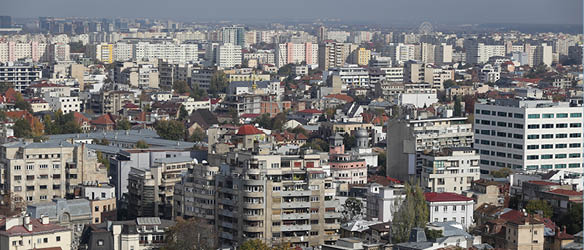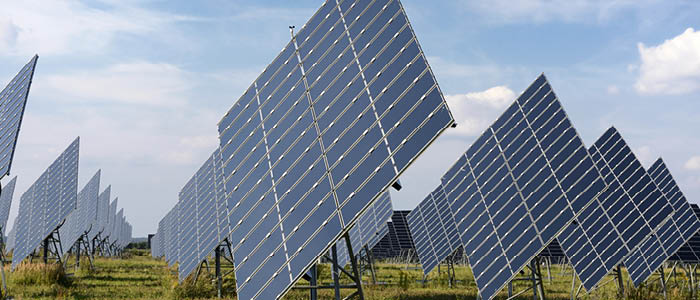Former GM Legal Partner Cristina Gavrila has joined Glodeanu & Partners as a Partner.
Romania Launches New Renewables Support Scheme for Wind and Solar Projects
On 31 March 2022, the Romanian Ministry of Energy launched a call for projects under a new state aid scheme for supporting the development of new wind and solar power plants, with or without integrated power storage capacities (the "Support Scheme").
CMS Appoints Four New Partners and Two Equity Partners Across CEE
Following CMS's recent global promotion round, Nevena Radlova, Michal Andruszkiewicz, Cristina Popescu, and Olga Shenk were promoted to Partner, with Partners Gabriela Staber and Andrea Potz becoming Equity Partners.
Ivan Telecky Rejoins Allen & Overy
Former Deloitte Partner Ivan Telecky has rejoined Allen & Overy in Prague as Counsel.
Transparency of the Electricity and Natural Gas Markets: One Decade of REMIT Application (II)
The first article of our own REMIT series is available here. It provides an overview of the REMIT core concepts, including the novelties brought under the latest edition of the ACER Guidance published on 22 July 2021 and the main conclusions of the 2021 REMIT Forum. This second article of our REMIT series presents (i) a more detailed analysis of REMIT in Romania, (ii) a practical perspective on the sanctioning regime applied by various NRAs, including the Romanian NRA, and (iii) the overall conclusions of our analysis.
State Aid in Energy
The Government of the Republic of Serbia adopted the Regulation on Conditions and Criteria on Harmonized State Aid for Environmental Protection and Energy Sector (“Official gazette of the RS” no. 99/2021, hereinafter referred to as: “Regulation”).
Romanian Government Adopts New Measures Extending the Support for Energy Consumers
In view of the sustained rise in the prices of electricity and natural gas, the Romanian Government has been under increased pressure to extend the consumers support measures first introduced under Government Emergency Ordinance no. 118/2021 on the establishment of a compensation scheme for the consumption of electricity and natural gas covering the period 1 November 2021 – 31 March 2022, which received Parliamentary approval and further amendments under Law no. 259/2021 (Law 259/2021), as both have further been amended.






























